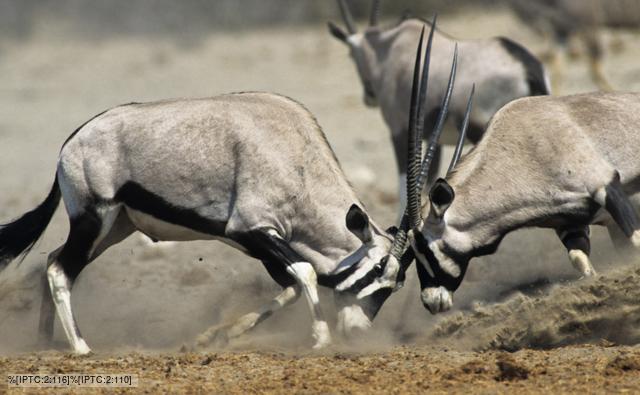Wedded to What?
Occasionally, I hear my neighbors or parents discussing marriage prospects for young people among their relatives. Several filters are applicable in this search for a spouse. The first and tacit rule is that the groom must belong to the same community as the bride and that horoscopes must match. The next preliminary qualification is a degree in engineering and a well paying job at a multinational company. Any application that falls short of these criteria do not make the cut to round two.
In the second round of the great Indian arranged marriage, the bride's family indulges in circumlocution as they ask "Does the boy own a home or apartment?". The answer to this maybe a deal maker or breaker. The idea that a life partner must own a house raise a doubt about the very crux of arranged marriages. Do we wed a person or the setting (home, car, security, city of residence) that he or she offers? Does our true loyalty lie with this life-long partner or with our individual well being? In the following discourse, I try to find a satisfactory answer.
Let's consider the mythological example of Drapuadi as the values that we glean from our epics are deeply rooted in our culture. In Chitra Banerjee Diwakaruni's rendition of the Mahabharata, "The Palace of Illusions", I find contradicting arguments. Before Draupadi's swayamvar, she is presented with portraits of her suitors. She is instantly drawn to Karna when she sees him alongside Duryodhan in a portrait and finds his story endearing. Yet, on the evening that she must make the life altering choice, she questions Karna's parentage and publicly humiliates him before choosing the Pandava prince Arjun. Social status, not love was the determinant.
After winning Drapaudi's hand in the swayamvar, Arjun takes her to a remote shelter where his family is in temporary hiding. Throughout the laborious journey to this shelter, Draupadi cannot help but imagine the luxury and love she could have enjoyed had she chosen to wed Karna. When the promise of comfort was immediately broken, Draupadi's mind wavered. This once again reveals the shaky ground on which her decision stands.
When things improve and the princes are granted their rightful half of the kingdom, a heavenly palace is built for them. Draupadi is involved in every decision made regarding her palace. It is Drapaudi's home, her kingdom, her paradise. The author, Diwakaruni emphasizes Draupadi's attachment to her palace several times, strongly in the text.
While these examples show that a paradisaical future is a critical factor in marriages, the very same story also offers firm counter examples. After several years, when the Pandavas lose their perfect home and kingdom in a gamble and are forced into exile, Draupadi follows them in a heartbeat. She chooses the life of a nomad in forests over her brother's generous invitation. Her loyalty to her husbands far outweighs her love for the royal life.
However, I wonder if this loyalty developed over a long period of time would exist in the absence of the complex social norms of human civilization. Perhaps not, as studies among many animal species have proven. In many species, the males fight for territory. In some cases, territorial behavior is justified by the fact that females refuse to mate with males without territory. In Richard Dawkins' "The Selfish Gene", he states that if an invader conquers the territory of a male, the female attaches herself to this invader.
Certainly, humans do not change partners at such speed and for those reasons. That could be attributed to our human conscience and norms evolved out of thousands of years of civilization. Here, I would like to quote Richard Dawkins "Even in apparently monogamous species, the female maybe wedded to the male's territory rather than to him personally." Perhaps this statement applies to many humans too, especially in arranged marriages. I am not accusing us of moral pitfalls, only conjecturing that our culture encourages us to find houses to run, not hands to hold.
References -
The Palace of Illusions by Chitra Banerjee Diwakaruni
The Selfish Gene by Richard Dawkins




okay, this is really freaking me out. How old were you when you wrote this?
ReplyDelete